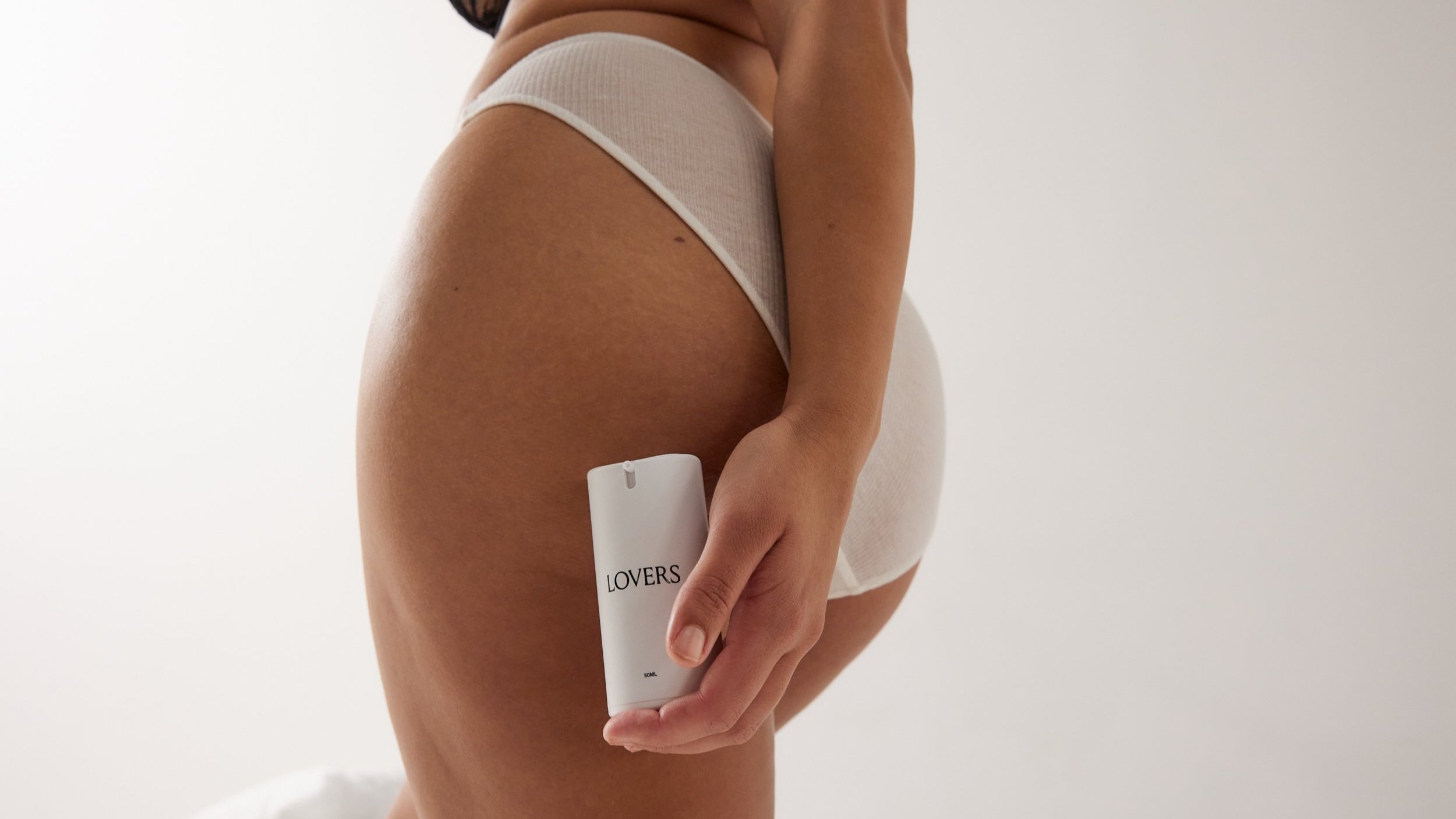Getting Pregnant: When is the BEST time to have sex?
Your fertile window is days during your menstrual cycle where it is possible for you to get pregnant.
What and when is my fertile window?
Your fertile window is days during your menstrual cycle where it is possible for you to get pregnant. Women usually have a relatively short fertile window around the time where a mature egg or oocyte is released (ovulation). The egg can only be fertilised (by sperm, to make a baby) in a critical 24-hour timeframe after it has been released (ovulated).
Luckily, because normal sperm can stick around for up to 5 days in the fallopian tubes (the place in a woman’s body where sperm and egg meet each other), the fertile window is actually up to 6 days in length, leading up to and directly after your ovulation.
I use the analogy clinically, that the egg is like a movie star passing quickly down the red carpet and the sperm are like paparazzi, hanging around, hoping to snap-up the egg.
If you and your partner have sex early or late in your menstrual cycle, (providing ovulation is regular) the chance you will get pregnant is extremely low. This is the logic behind the “Billings” or “rhythm” methods for contraception, where couples actively avoid having sex in or around a woman’s fertile window as a reasonably reliable method of natural family planning.
When am I most likely to conceive (get pregnant)?
Your probability of getting pregnant naturally through timed sexual intercourse peaks in the 2 days leading up to ovulation and on the day of ovulation itself (the day you release an egg). Having regular sex during these days will give you the highest chance of conceiving.
By 24 hours after you have ovulated, your fertile window for that month (ovulation cycle) is over.
When should I have sex if I want to get pregnant?
I recommend having sex on at least every second day throughout the 5-6 days of your fertile window (i.e. at least 3 times during that week).
For personalised advice on the right time for you contact us.
Is more sex better?
Not necessarily. Couples who have been trying for a while can tell you that sex every day can be exhausting and can actually kill the romance.
It can also cause discomfort. If you’re not in the mood, but trying with a pregnancy agenda and natural lubrication is not ideal, vaginal irritation can occur.
Second daily sex is statistically just as good as having sex multiple times in a day in terms of maximising your chance of conception.
What are the signs to let me know I am about to ovulate?
Ovulation is preceded by rising oestrogen levels. You can monitor this by observing fertile cervical mucous, basal body temperature and change (darkening) in the colour of your areolas (around your nipples).
Typical stretchy “egg white” like cervical mucous means you are receptive to getting pregnant. A lot of women think “egg white mucous” means you are ovulating – it doesn’t. It is created in response to rising oestrogen levels before ovulation. It’s a sign that you should start trying, not stop trying!
Many women feel naturally more easily aroused and interested in sex (increased libido) around this time.
Around 36 hours before you ovulate, you will have a luteinizing hormone or LH surge release from your pituitary gland. You can measure this surge in your urine using commercially available “ovulation test strips”. Actually what you are testing for is not ovulation per se – but a hormonal change that directly precedes ovulation. When your LH surge test is positive, it’s the perfect time to start having second daily sex to get pregnant.
Some women can physically feel when they ovulate (a pain technically known as mittelschmerz meaning “middle pain” – aka middle of the menstrual cycle) but many women can’t.
How do I know if I am regularly ovulating?
If you are having a regular menstrual cycle, where your period predictably comes at the same time every month – then you are definitely ovulating. The hormonal changes involved before and after ovulation are what results in your experiencing a predictable, regular menstrual cycle.
If your period interval is variable, you could still be ovulating sometimes. This is the case for many women who have milder forms of PCOS (polycystic ovarian syndrome). The challenge for women with this issue is two fold:
You are not ovulating as often as other women so during the same 6 months you will have fewer opportunities to get pregnant.
You have no idea when your ovulation will happen – how can you time sex accurately to get pregnant?
If this is your situation – my advice is to immediately seek specialist help. If this is your only problem, for a doctor with the right training (FRANZCOG and CREI) helping you to get pregnant will be easy – either by natural cycle tracking (using ultrasound to help you get the timing right) or by ovulation induction (to regulate your ovulation – giving you the normal number of opportunities to conceive over time). It is highly unlikely that a woman and her partner with only this problem will need IVF.
Why is my period (menstrual cycle ) irregular?
There are lots of possible causes for irregular ovulation – or a total lack of ovulation in some instances. Getting your diagnosis right is the key to helping you conceive. If you think you are not ovulating and you want to get pregnant, see a fertility specialist at the start. The best qualified specialist to help you are doctors who hold both FRANZCOG and CREI (Subspecialist Certification in Reproductive Endocrinology and Infertility). Your issue could be completely reversible and if not, in most cases there is still likely to be a relatively easy get around.
Can you have too much sex?
Technically not, but couples who try to have sex every day, even just during the fertile window over time can find it exhausting. From a woman’s point of view, too much sex can cause physical irritation and can also mean sex can become mechanical and a bit of a romance killer. Remember – sperm has stamina – they can stick around in a woman’s body for up to five days after sex.
How often do I need to have sex during my fertile window?
Second daily sex in the lead up to ovulation will give you your best chance of getting pregnant.
Can I calculate when I am ovulating mathematically?
Actually – yes you can! If your cycle is regular, just minus 14 days from your cycle length to estimate the day when you usually ovulate. For example, in a 28 day cycle, you would usually ovulate around day 14 (Day 1 by convention is defined as the day you get your period)
A woman with a 30 day cycle would ovulate around day 16. If your cycle is 34 days, you would ovulate around day 20, etc.
By starting to have sex around 2-3 days before your predicted ovulation, you will usually get the timing exactly right.
What’s my chance of getting pregnant each month?
A normal man and woman (with no fertility problems) who have regular sex at the right time (during the fertile window) have at best a 20 to 25% chance of getting pregnant in any given month when they are trying to conceive (to have a baby).
Why so low? Women and men are often surprised to hear this. It’s the reason that doctors will tell you that it can be really pretty normal to take up to 6 months (or even a little bit longer) to get pregnant naturally.
The reason is, that in our evolutionary past (before the days of reliable contraception) the possibility of getting pregnant every time you had sex was not only undesirable but for women, actually quite dangerous. For humans, higher than average fertility in women was actually a survival disadvantage as before modern times, both pregnancy and childbirth were potentially perilous times for both a woman and her baby.
Can we just try and see what happens?
Of course! Having regular sex at least 3 times a week in the middle of your cycle is a good place to start. 80% of normal couples conceive within 6 month of trying and 90% within 12 months.
Couples where the woman is older than 35 years are statistically more likely to suffer age related fertility problems. If you’re over 35, I usually advise to seek help after 6 months of trying to conceive if you are not yet pregnant.
Could it be my partner?
Yes. In at least 50% of couples who have trouble conceiving, ultimately a male factor is identified. Women and men often think of fertility as a woman’s issue but truly it takes two to tango!
Sperm problems are reasonably common, but cannot be detected unless the sperm is examined under a microscope. Especially when a woman is over 35, it’s unfair on her to put off looking at the sperm too. Getting to the bottom of why pregnancy is not happening at a relatively early stage in the game helps ensure you are playing to win. The success of fertility treatments is much better when a woman is younger. Finding out about male problems in time so help is effective can be really critical.
If you are having trouble getting pregnant you don’t have to go it alone. Women’s Health Melbourne is more than an express service straight to IVF. We are a comprehensive fertility clinic, dedicated to helping you optimising your natural fertility. To learn more about how we can help click here.
Written by Dr Raelia Lew
RANZCOG Board Certified CREI Fertility specialist, Gynaecologist and the Director of Women’s Health Melbourne.
Co-host of the Knocked Up Podcast, Co-founder of Lovers intimate wellness solutions. Raelia has a PhD in Preconception Health Promotion and Genetic Screening. Raelia is a leading Australian expert in IVF and egg freezing, pioneering a bespoke model of care.



